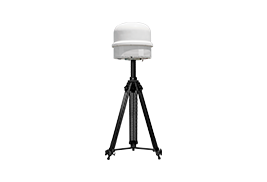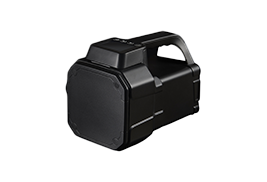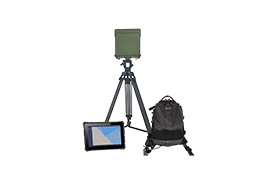
























 X
X







 GLOBAL / ENGLISH
GLOBAL / ENGLISH

Audio jammers are devices designed to prevent unauthorized recording or eavesdropping by emitting noise that interferes with microphones. This technology is crucial for protecting confidential conversations and sensitive information in various environments. In this article, we will explore the principles behind audio jammers, their applications, and the ethical and legal considerations associated with their use.
How Audio Jammers Work
Audio jammers operate by generating a noise signal that can mask or distort sound picked up by microphones, making the recorded audio unintelligible. The types of noise used can vary, including:
White Noise: A consistent, static-like sound that covers all frequencies equally.
Random Sound Patterns: These can mimic natural sounds, making them less conspicuous.
Ultrasonic Noise: Inaudible to humans but effective against microphones.
These devices can be portable or integrated into a building's security system, depending on the level of protection required.
Applications of Audio Jammers
Corporate Security: Companies use audio jammers in meeting rooms to protect against corporate espionage. They ensure that sensitive information, such as strategic plans or intellectual property discussions, remains confidential.
Government and Military: In high-security environments, audio jammers prevent unauthorized recording of classified discussions, ensuring national security is not compromised.
Personal Privacy: Individuals concerned about privacy use portable audio jammers to protect conversations in public spaces, such as cafes or public transportation.
Legal and Medical Settings: Lawyers and doctors use audio jammers to ensure client and patient confidentiality during sensitive consultations.
Ethical and Legal Considerations
While audio jammers provide significant benefits in protecting privacy and sensitive information, their use raises ethical and legal concerns:
Legal Restrictions: The legality of audio jammers varies by country and jurisdiction. In some places, their use may be restricted or require special authorization due to concerns about interference with legitimate recording devices.
Ethical Concerns: The use of audio jammers can be controversial, especially if used to obstruct lawful surveillance or to hinder journalists and investigators.
Interference Issues: Audio jammers can potentially interfere with other electronic devices, causing unintended disruptions.
Conclusion
Audio jammers are a valuable tool for protecting sensitive information and ensuring privacy in various settings. However, their use must be carefully managed to balance the need for security with legal and ethical considerations. As technology advances, the development of more sophisticated and targeted jamming techniques will continue to evolve, providing more options for safeguarding communication.
For those considering the use of audio jammers, it is essential to understand the local regulations and potential consequences, both legally and ethically, of deploying such devices.












